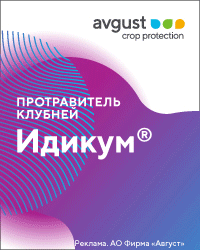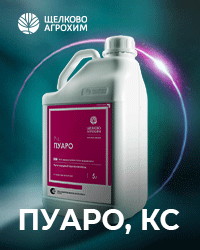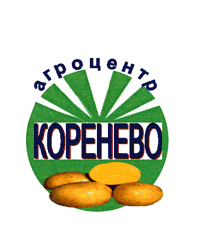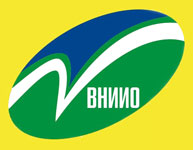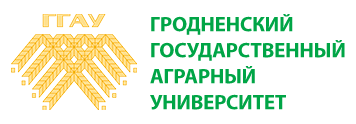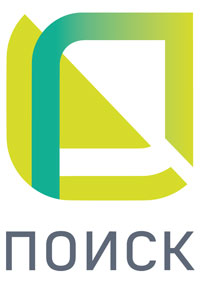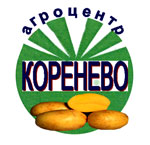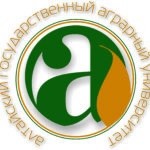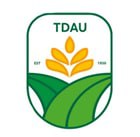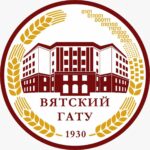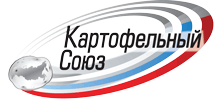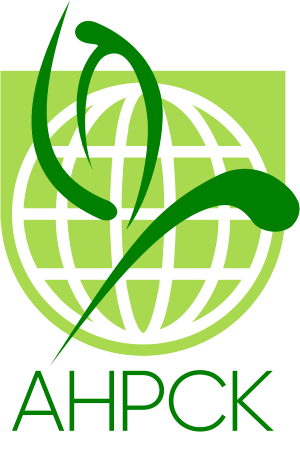Potato and Vegetables is a scientific journal which intended to objectively and reliably inform the scientific community about the results of the latest research on the subject of the journal. It does not protect the interests of any scientific schools and/or researchers and is guided in its work by impartiality and responsibility.
- Editorial staff is responsible for:
– scientific value, relevance and originality of scientific papers published;
– continuous improvement of their quality;
– freedom of expression of scientific opinions, hypotheses and conclusions;
– conflict of interest absence when publishing scientific articles.
- At the stage of reviewing articles, the editorial board identifies those in which there where research misconduct occurred and prevents their publication.
- Editorial board appropriately reacts if it becomes made aware of any allegation of research misconduct, inappropriate attitude of the authors of the articles proposed for publication to the results of research, co-authors or other researchers.
- Editorial board appropriately reacts if it becomes made aware of facts of plagiarism or attempts to re-publish an already published article.
- The editorial decision to accept or reject an article for publication is impartial and is based only on the relevance, originality, validity and clarity of the paper itself, as well as on its compliance with the journal subject matter. Any form of discrimination is excluded.
- The editor-in-chief of the journal is solely and independently responsible for deciding which articles submitted to the journal shall be published. In making this decision the editor is guided by policies of the journal’s editorial board and constrained by such legal requirements in force regarding libel, copyright infringement and plagiarism. He may confer with other editors, members of editorial board or reviewers in making this decision.
- The editorial board adheres to the principle of independent preservation of information. An outcome of this principle is the archive of published articles available on the journal site as a permanent, historic record of the scholarship publications. Articles that have been published always remain extant, exact and unaltered as far as is possible.
- The editorial staff maintains confidentiality of incoming materials and does not disclose them to anyone other than those who are directly involved in the process of their expert examination and preparation for publication: members of the editorial staff, editorial board (if there are specialists in this field within it), authors, reviewers (including potential), and expert consultants.
- Reviewing process is an objective assessment of the quality, relevance and reliability of research results presented in the paper. The editorial staff is responsible for the objectivity of the reviewing and for the absence of conflicts of interests between the author and the reviewer. To do this, recommendations for a reviewer have been developed. The reviewer must refuse to review if such a conflict is detected and notify the editorial staff.
- The content of advertising materials, if there are, corresponds to the journal subject and is aimed at informing readers objectively.
- Editorial staff is ready to publish corrections, clarifications, retractions and apologies when needed.
Based on the Committee on Publication Ethics (COPE) Code of Conduct guidelines available at www.publicationethics.org and requirements for peer-reviewed journals at www.elsevier.com (Elsevier Publishing House).

